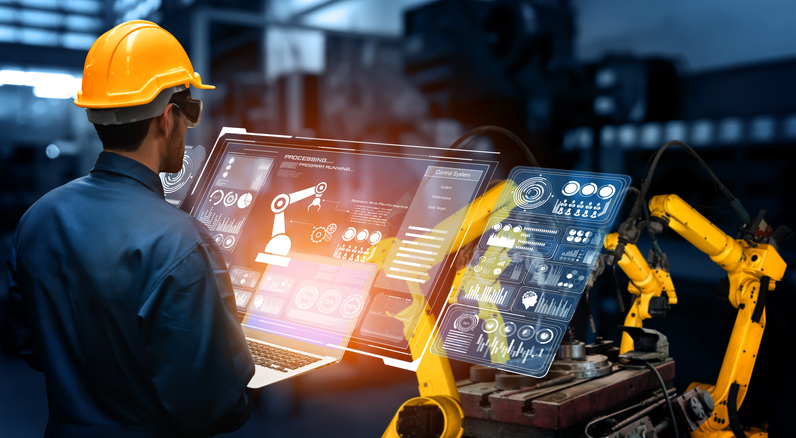In the realm of industrial operations, the lack of preventive maintenance poses significant risks to machinery and workflow efficiency. Many companies overlook the crucial role maintenance plays, often leading to costly repercussions. This article explores how neglecting regular maintenance can lead to unexpected machinery failure, increased operational costs, and safety hazards. We aim to address these issues with a focus on the joys of reaping consistent, fruitful results from regular equipment checks and maintenance routines.

Understanding Preventive Maintenance
Preventive maintenance involves scheduled maintenance activities designed to prevent unexpected equipment failures. It includes tasks like inspections, adjustments, cleaning, testing, and part replacements. By ensuring machinery operates smoothly, companies can avoid unanticipated breakdowns that disrupt productivity and inflate costs.
The Financial Cost of Neglect
When preventive maintenance is neglected, companies may face unforeseeable repair costs, emergency service fees, and the expenses associated with significant equipment downtime. Extended machinery failures may warrant overtime pay for repair personnel, compound labor expenses, and eventually, affect a companys bottom line.
Impact on Equipment Longevity
Regular maintenance extends the lifespan of equipment. Without it, machines are subject to wear and tear, hastening their deterioration. At the forefront of business efficiency is keeping machinery in peak conditionsomething that cannot be achieved by ignoring routine checks and maintenance.
Safety and Legal Implications
The lack of preventive maintenance can lead to severe safety issues. Malfunctioning equipment may pose risks to operators, possibly leading to accidents and injuries. This negligence can attract legal action and hefty fines imposed on businesses for failing to ensure workplace safety.
Operational Efficiency and Downtime
Unplanned machine failures not only lead to downtime but also create ripple effects across entire production lines. Lack of maintenance can jeopardize company-wide productivity, affecting everything from supply chain efficiency to delivery timelines.
Preventive Maintenance Strategies
To forestall these issues, companies must deploy effective preventive maintenance strategies. Common practices include routine inspections, adopting a maintenance schedule, and investing in diagnostic tools. Businesses should integrate modern technologies such as sensor-based monitoring systems found in sensor failure automation to foresee potential equipment failures.
Leveraging Technology
The rise in technological advancements has paved the way for sophisticated maintenance tools. Predictive maintenance algorithms and software applications can assess machinery health and predict failures before they occur. Smart systems could reduce the overall impact of the lack of preventive maintenance by alerting managers to impending issues.
Case Study: Industry Success
Implementing an effective maintenance program often results in increased production performance and reduced costs. For example, companies that utilize predictive maintenance techniques have reported fewer breakdowns and improved equipment reliability. Details on common factors leading to machinery breakdowns can be found here.
Challenges in Maintenance Implementation
While maintenance is crucial, implementing comprehensive strategies can be challenging. It requires upfront investment and personnel training. Moreover, reluctance to change long-standing operations often prevents businesses from incorporating modern maintenance practices.
Investing in Training and Resources
Employee training is vital for effective maintenance. Companies should allocate resources to educate their workforce about machinery handling and maintenance procedures. This approach instills responsibility among employees, enhancing workplace safety and efficiency.
Conclusion: Embracing Maintenance for Success
In conclusion, the lack of preventive maintenance brings about detrimental effectsthe antithesis of any thriving industry. By implementing regular maintenance schedules and leveraging technology, industries can foster a safer, more reliable work environment, saving both time and money in the long run.

FAQs
What is preventive maintenance?
Preventive maintenance involves routine checks and upkeep to prevent equipment failure and extend machinery life.
Why is preventive maintenance important?
It prevents unexpected breakdowns, reduces downtime, and ensures workplace safety, ultimately saving time and operational costs.
What are some preventive maintenance strategies?
Strategies include scheduled inspections, employee training, and using technology such as predictive maintenance software.
This article contains affiliate links. We may earn a commission at no extra cost to you.
